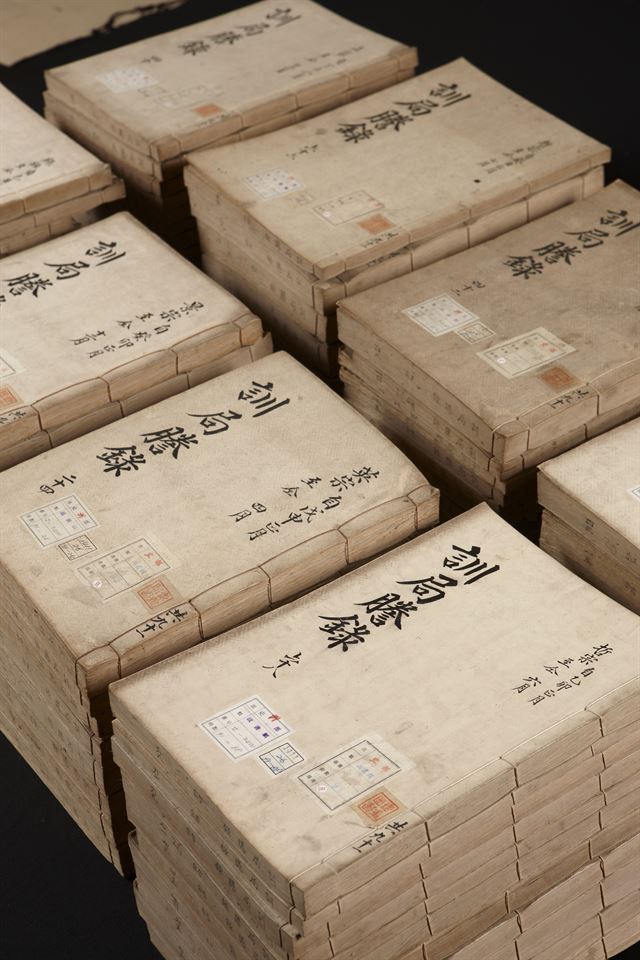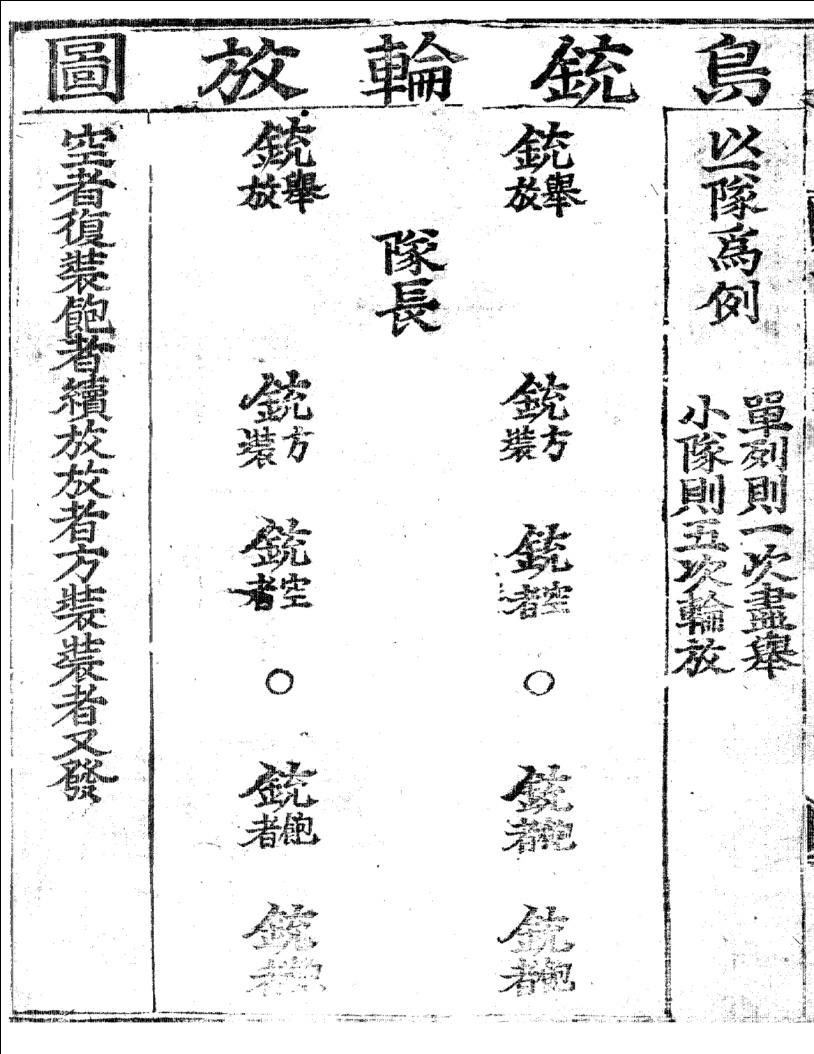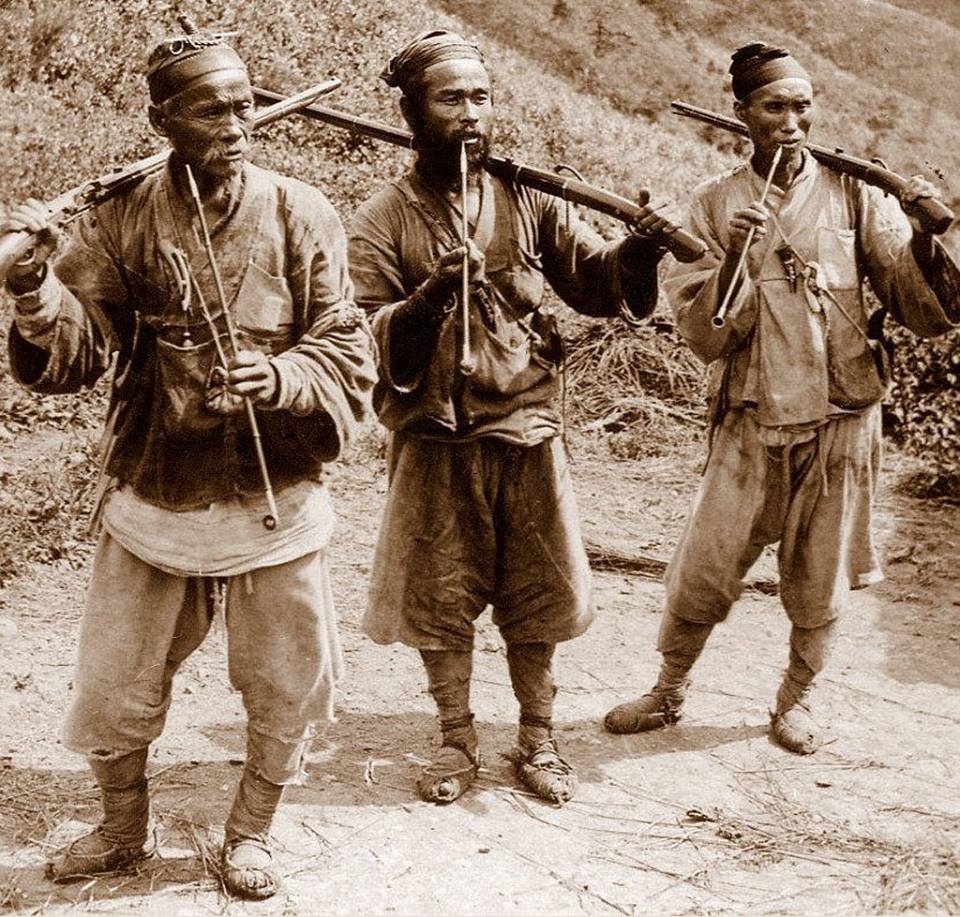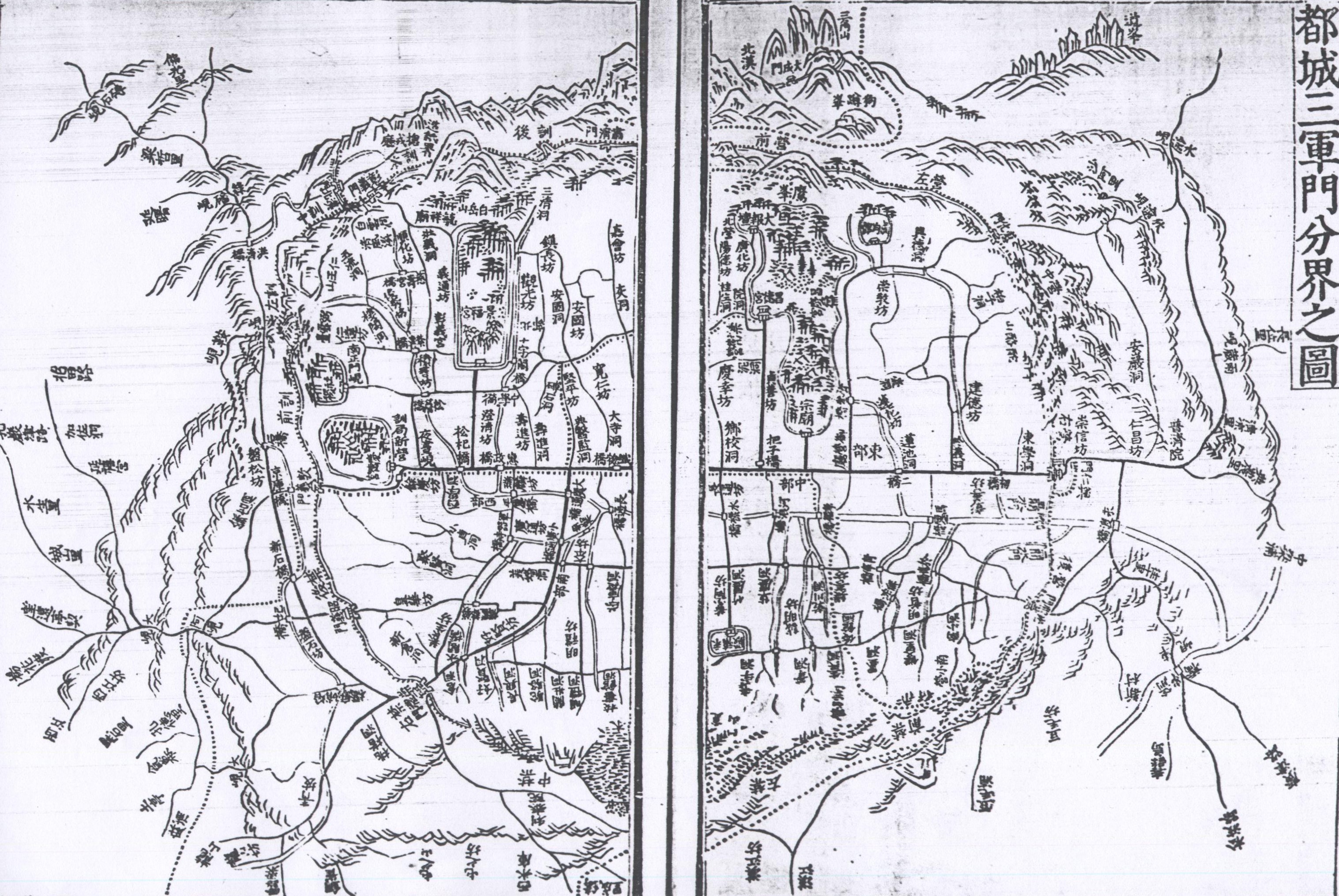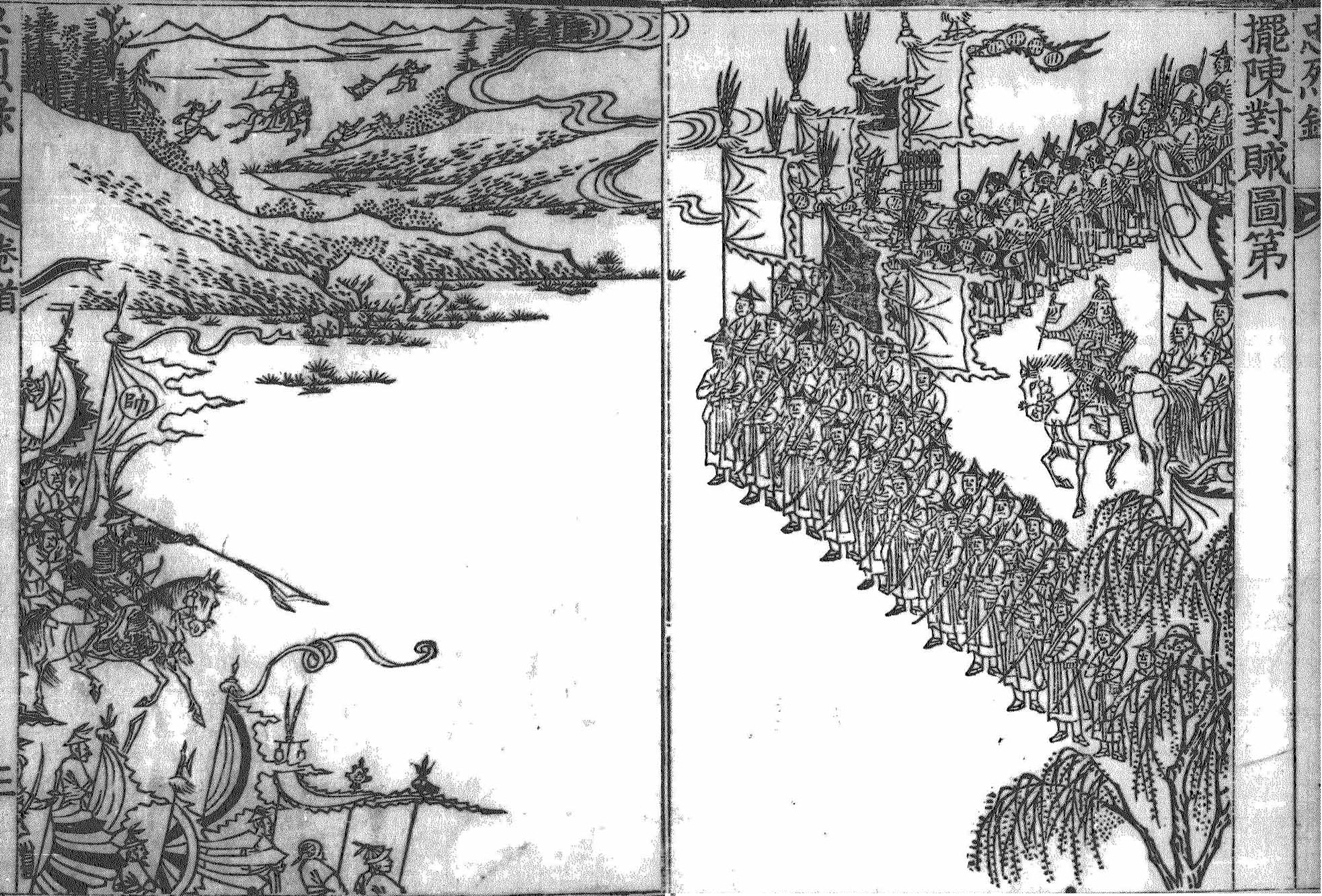The Project
Overview
This project explores the utility of digital methods for my dissertation research on Chosŏn Korea (1392-1910). My dissertation examines the history of military technologies and their impact on Korean society, particularly the role of musketry warfare in stimulating military urbanism and commercial growth in 17th century Chosŏn. The unique challenge of this dissertation project is addressing the sheer volume of digitized information that appertains under the topic: the Garrison Records, for instance, comprises daily military logs for three centuries and as many as 45,000 of its records have already been transcribed and digitized.
However, while digital archives such as this have proliferated in South Korea since the late 1990s, digital humanities as a methodology has not gained traction in Korean studies. Addressing this asymmetry, my project uses recently digitized texts from 17th century Korea to explore the utility of digital methods in Korean historiography.
My research agenda is to examine the social impact of adopting firearms warfare in 17th century Chosŏn Korea (1392-1910). Drawing on the Military Revolution, a model that posits gun technology as the cause behind the advent of nation-states in Europe, I interrogate the Korean case with the following question: when after two bloody wars Korea adopted firearms warfare, did that also change its society? My hypothesis is as follows: although the nation-state didn't emerge in Korea, the adoption of a musket-based military stimulated Korean statecraft, commerce and urban society in a way that curiously parallels yet permutes from the case of Europe.
Ultimately, this project at once informs my dissertation research and serves as a pilot attempt towards a 'digital turn' in Korean studies.
Currently, this exhibition features two datasets.
- Garrison Records: military logs by Chosŏn's central armies
- Hankachō: criminal record books on gunrunners in the Korea Strait
